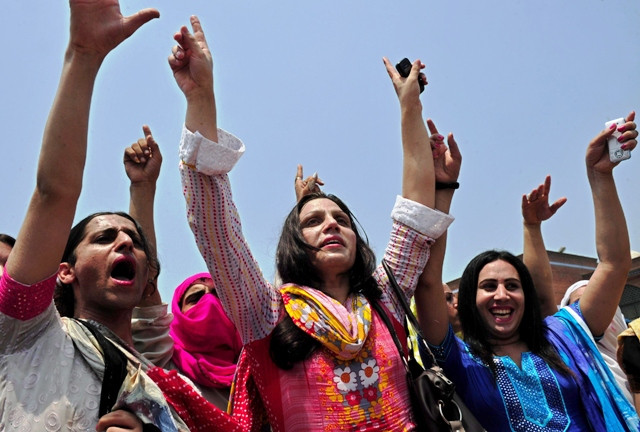Key measures include the establishment of separate registration desks, departments and washrooms
In a historic step towards more inclusive healthcare, the Khyber Pakhtunkhwa Health Department has unveiled the Transgender and Intersex Persons Protection and Welfare Policy 2025, setting the stage for major reforms across the province’s public health system.
This policy marks a significant step forward in ensuring that transgender and intersex individuals receive the care, respect and dignity they deserve.
The recently launched policy, endorsed and circulated by the Health Sector Reform Unit (HSRU), emphasizes on creating a healthcare environment where every individual is treated fairly without discrimination.
It is now in force and all health related officials in KP including District Health Officers and Medical Superintendents of DHQ Hospitals are expected to follow the given guidelines.
The policy introduces several key provisions aimed at making health care more accessible and respectful to transgender and intersex individuals. Separate registration desks, wards and toilets are among the first changes to be implemented across healthcare facilities.
Designed to provide people with privacy and comfort during their visits to hospitals and clinics, these changes address long-standing issues facing this community.
Perhaps most importantly, the policy ensures non-discriminatory service fees, meaning that transgender and intersex individuals will no longer face additional financial burdens when seeking health care.
It also highlights the need for respectful treatment of all patients and encourages healthcare providers to treat every person with dignity.
In addition to these structural changes, the policy requires regular compliance reports to be submitted so that health authorities can monitor progress and make necessary improvements.
Health Minister Shahidullah Khan called the policy a “progressive shift” in the province’s approach to health care, bringing KP into line with broader human rights commitments. His vision is clear: to eliminate systemic discrimination and ensure that no one is left behind when it comes to access to high-quality healthcare.



